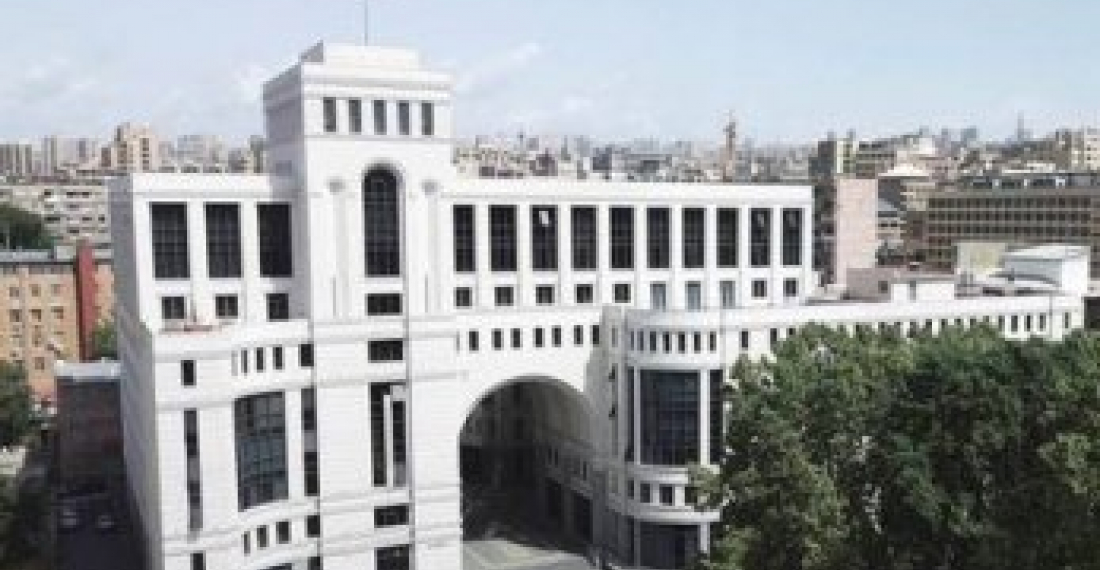Armenia has condemned Turkey's military incursion into Syria. A statement by the Armenian Foreign Ministry published on its website says:
"Armenia condemns Turkey's military invasion of the north-east of Syria, which will lead to further deterioration of regional security, loss of civilians, large influx of displaced persons and, ultimately, a new humanitarian crisis. There is a particularly worrying situation for national and religious minorities. This military invasion also poses an immediate threat of grave and mass human rights abuses on the basis of identity. Armenia calls for effective international efforts to stop this military invasion, prevent mass atrocities, and protect the population of Syria bordering Turkey. Armenia supports Syria's unity and sovereignty and calls for refraining from military encroachments against Syria and its people. Armenia will continue to provide humanitarian aid to the friendly Syrian people locally."
In the meantime an Armenian member of parliament has claimed that 16 Armenian families live in the city of tel Abiad which has been under Turkish bombardment. Mkhitar Hayrapetyan, Chairman of the Standing Committee on Science, Education, Culture, Diaspora, Youth and Sport of the National Assembly of Armenia, on Wednesday (9th October) wrote on his facebook page, citing information given to him by the Armenian Consul General in Aleppo,
"Turks are bombing the city of Tell Abiad where 16 Armenian families permanently reside. Their evacuation is currently underway. Apart from this, city of Qamishli, with a number of Armenian residents, is also under attack. I asked our Consul to convey my support to the Armenian community, and in general, I pray for Armenians living in Syria and for our fellow Syrian people."
Yesterday (9 October) Turkey launched Operation Peace Spring east of the Euphrates River in northern Syria. Its declared objective is to secure its borders by eliminating terrorist elements and to ensure the safe return of Syrian refugees as well as Syria's"territorial integrity.
Turkey shares a 911-kilometer (566-mile) border with Syria, and it has long decried the threat from terrorists east of the Euphrates and the formation of a "terrorist corridor" there.
Turkey plans to resettle 2 million Syrians in a 30-km-wide (19-mi) safe zone to be set up in Syria, stretching from the Euphrates River to the Iraqi border, including Manbij.
The European Union has called on Turkey to halt its military operation in Syria. In a statement on behalf of the EU, High Representative Federica Morgherini stated:
"In light of the Turkish military operation in north-east Syria, the EU reaffirms that a sustainable solution to the Syrian conflict cannot be achieved militarily. The EU calls upon Turkey to cease the unilateral military action. Renewed armed hostilities in the north-east will further undermine the stability of the whole region, exacerbate civilian suffering and provoke further displacements. Prospects for the UN-led political process to achieve peace in Syria will be more difficult."
read the full statement on the website of the European External Action Service here






